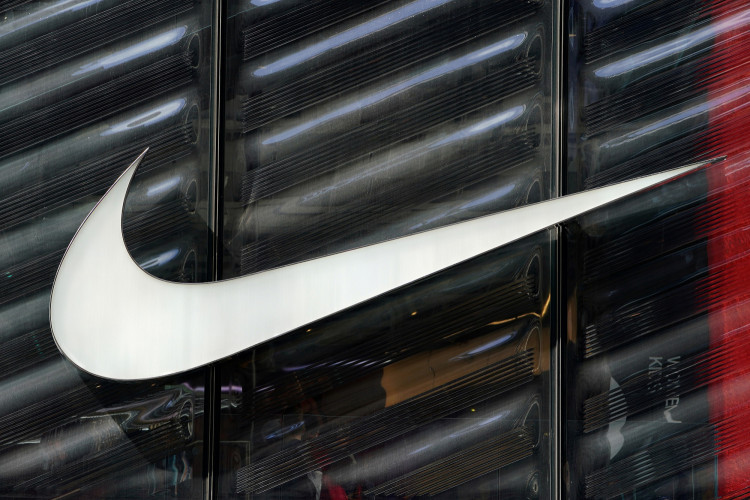Nike Inc. expects to incur up to $1 billion in additional costs from new tariffs imposed under President Donald Trump's trade policy, the company's finance chief said Thursday, as the sportswear giant navigates a critical phase of its turnaround amid sharp declines in profit and sales.
"With the new tariff rates in place today, we estimate a gross incremental cost increase to Nike of approximately $1 billion," said Matt Friend, Nike's chief financial officer, on a call with analysts. "We intend to fully mitigate the impact of these headwinds over time."
Nike reported a 12% revenue drop to $11.1 billion in the quarter ending May 31, marking its steepest decline in more than three years. Net income plunged to $211 million from $1.5 billion a year earlier, representing an 86% drop. Earnings per share came in at 14 cents, just above analysts' expectations of 13 cents, according to LSEG.
The company's stock, which was down 17% year-to-date before earnings, surged 10% in premarket trading Friday following signs the turnaround plan may be stabilizing operations. JPMorgan raised its price target from $56 to $64, although it maintained a neutral rating.
Friend said Nike will pursue a "surgical price increase" in the U.S. beginning this fall and intends to cut overhead costs while reworking its supply chain. Nike plans to shift sourcing away from China, which currently accounts for 16% of its production, reducing that share to the "high single digits" by fiscal year-end 2026.
"Despite the current elevated tariffs for Chinese products imported into the United States, manufacturing capacity and capability in China remains important to our global source base," Friend added.
Nike's poor quarterly showing reflected both structural challenges and self-imposed changes. Its Direct business fell 14%, led by a 26% plunge in digital sales and a 9% drop in wholesale. In contrast, brick-and-mortar store sales rose 2%. Analysts noted improving foot traffic in May, down just 3.2% year over year, compared to a 10.2% decline in April, according to data from Placer.ai.
CEO Elliott Hill, who took over in October, acknowledged the difficult reset. "The results we're reporting today in Q4 and in FY25 are not up to the Nike standard," Hill said. "From here, we expect our business results to improve."
Nike is returning to a wholesale-heavy strategy after former CEO John Donahoe's pivot toward direct-to-consumer sales led to overreliance on digital channels and inventory issues. The company recently renewed retail partnerships with Aritzia and Urban Outfitters and confirmed it will return to Amazon for the first time since 2019.
Beginning this fall, Amazon will offer a "select assortment" of Nike products through a dedicated brand store, featuring running, training, basketball, and sportswear categories, Hill said. The decision underscores a broader industry shift, as major brands increasingly view Amazon as a crucial distribution channel despite earlier brand protection concerns.
Nike also launched a new sneaker line for WNBA star A'ja Wilson, which sold out in three minutes. Hill said the company plans to double inventory in future drops.




